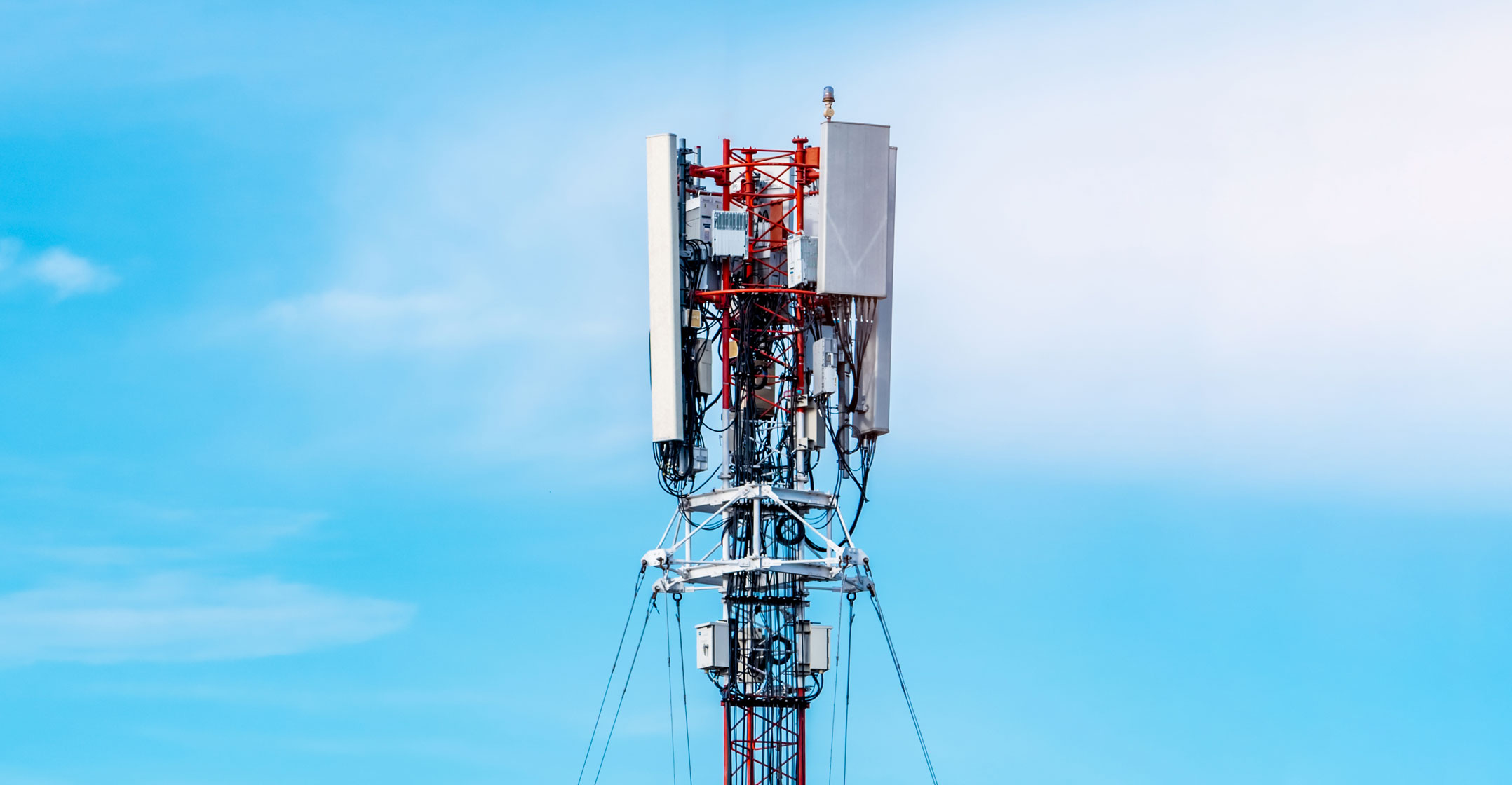 Communications regulator Icasa is moving to defuse the looming court battle over its planned withdrawal of Covid-19 temporary spectrum by raising the possibility of assigning what it’s calling “provisional spectrum” on a fairer basis to telecommunications operators.
Communications regulator Icasa is moving to defuse the looming court battle over its planned withdrawal of Covid-19 temporary spectrum by raising the possibility of assigning what it’s calling “provisional spectrum” on a fairer basis to telecommunications operators.
The move comes 10 days before the high court in Pretoria is expected to hear arguments from Telkom, Vodacom and MTN that the temporary spectrum allocations should be extended. Icasa wants the spectrum returned by the end of November.
But now, in a dramatic turn of events, TechCentral has learnt that Icasa CEO Willington Ngwepe has written to the CEOs of six of South Africa’s biggest telecoms infrastructure providers requesting an urgent meeting on Monday afternoon to discuss “possible provisional spectrum assignments” instead.
TechCentral understands that the letters have been sent to the CEOs of Telkom, Vodacom, MTN, Cell C, Liquid Intelligent Technologies and Rain, inviting them to participate in an online meeting at 2pm on Monday. If the operators agree to the proposals that Icasa will put to them at that meeting, it’s possible that the legal action against the regulator could be withdrawn – the case is currently set to be heard on 15 and 16 November.
In his letter to the CEOs, Ngwepe said: “The authority is considering amending the Covid-19 regulations with a view to inviting new applications for the assignment of the 700MHz, 800MHz, 2 300MHz, 2 600MHz and 3 500MHz spectrum bands on a temporary basis for the period commencing 1 December 2021 and ending 31 March 2022.”
Icasa’s plan to license provisional spectrum — which could be put in place until the planned spectrum auction makes permanent assignments — is understood to enjoy the support of communications minister Khumbudzo Ntshavheni.
Lockdown
Icasa first awarded temporary spectrum on an emergency basis during the level-5 Covid lockdown in 2020 to give the operators the ability to cope with the expected surge in demand for data, especially given people were forced to work from home, putting additional demands on their infrastructure.
But the regulator wants the spectrum back, arguing, among other things, that there is a risk of the assignment distorting competition. The problem is that a planned auction of so-called high-demand spectrum, which should have happened this year, has been delayed to 2022 following legal action against the process by Telkom (and supported by e.tv parent eMedia Holdings). This means that if Icasa takes back the spectrum at the end of November as planned, it could have a negative impact on network quality, particularly if South Africa is forced back into a harder lockdown due to a fourth wave of Covid infections.
Telkom, joined by Vodacom and MTN, wants the court to stop Icasa from taking back the temporary spectrum. Rain, however, has filed papers opposing Telkom’s application. Rain has accused Telkom of trying to license spectrum through the back door, with its CEO, Brandon Leigh, warning in an interview with TechCentral last month that if Telkom is successful in securing an interdict against Icasa, there could be permanent harm done to competition in the sector. — (c) 2021 NewsCentral Media




